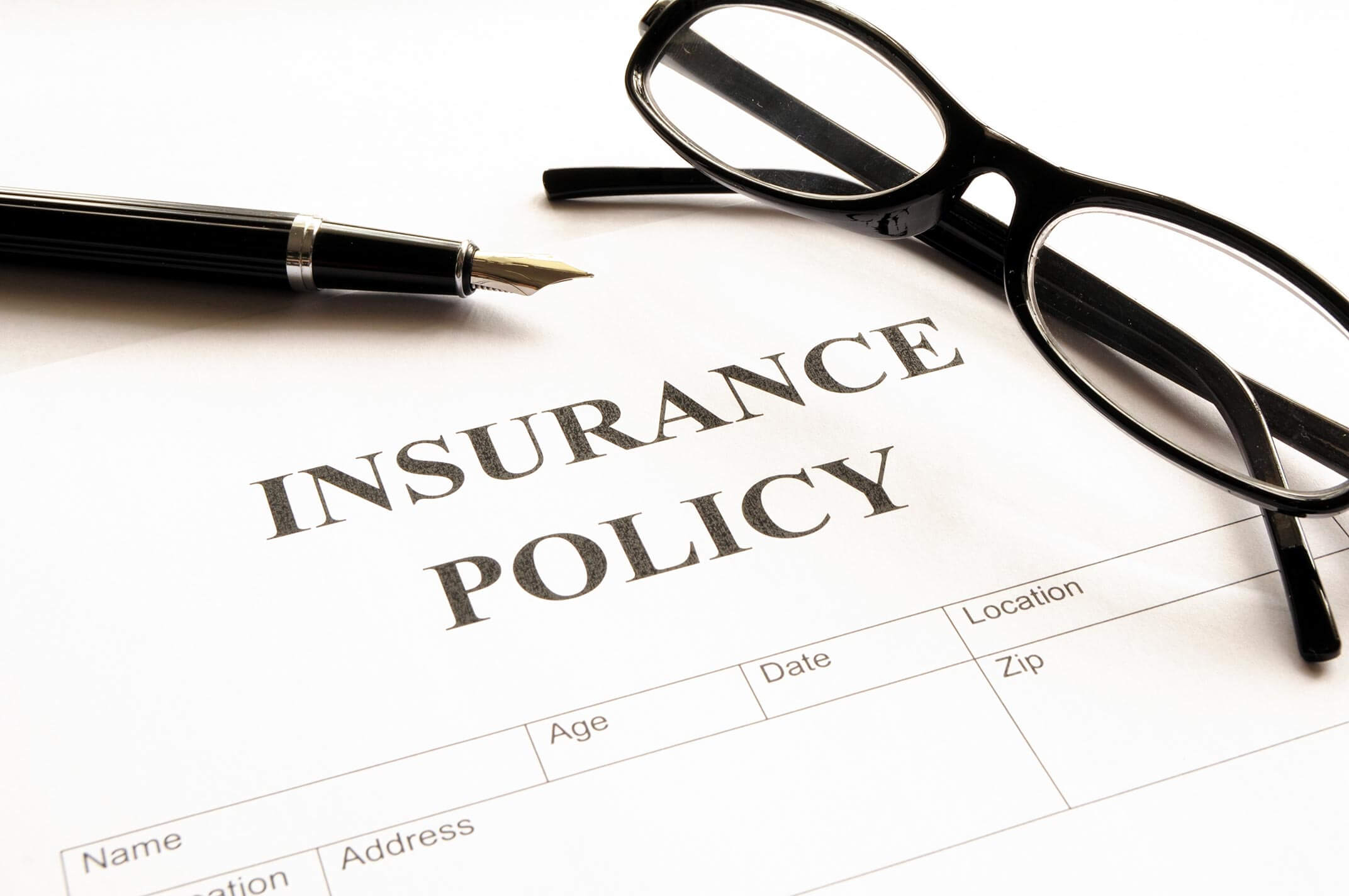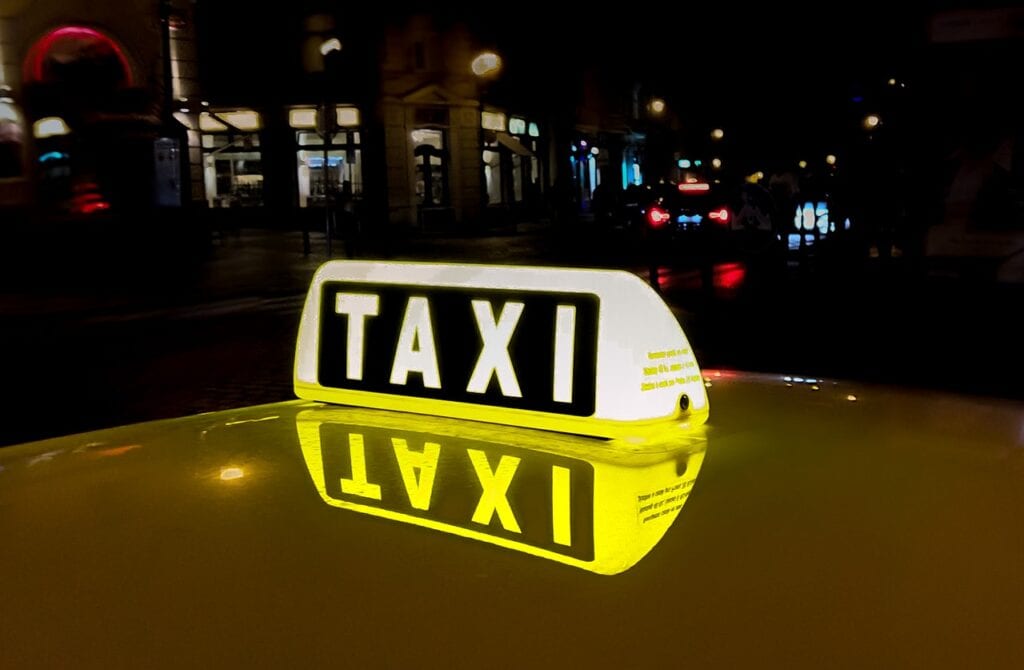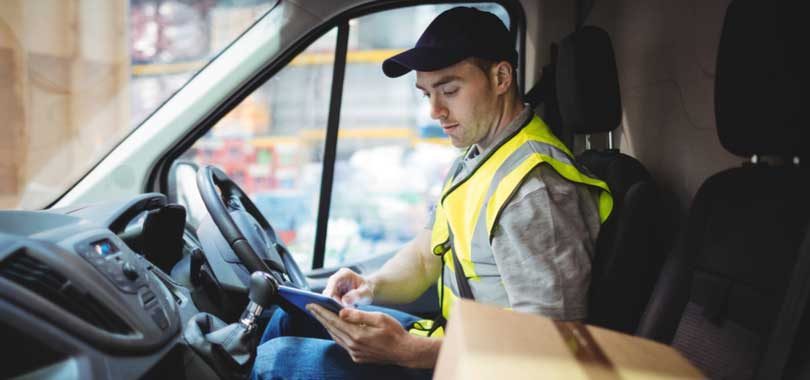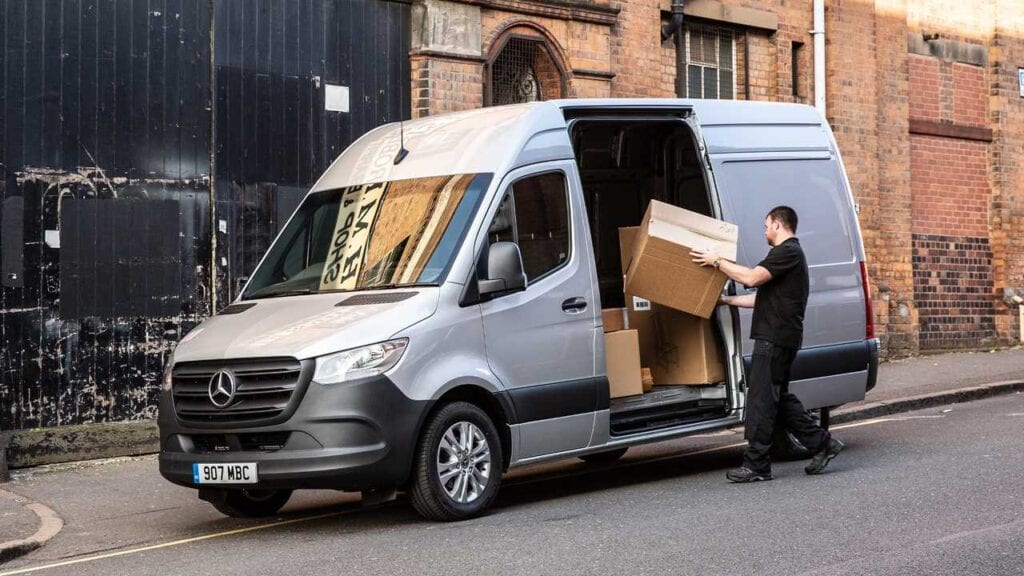6 Tips For Choosing The Right Type Of Hire And Reward Insurance – 2024 Guide

Choosing the right insurance policy is never an easy task. You have so many options, sometimes it’s hard to see what it is that separates the one from the other. However, in most cases, insurance is an option. It’s advised to have one because in times of emergency it’s better to be than not to be insured, but ultimately, the decision whether you should have it or not is entirely up to you. Well, that is not always the case. In certain situations, you’re required to have insurance. More precisely, if you’re in the hire and reward business – you’re legally obligated to have a hire and reward insurance.
What Is Hire And Reward Insurance?

If you’re not in the business, chance are you’ve never even heard of this. It’s possible even that the expression is something you’re not familiar with, so, let us expand on it a little bit.
If you’re in the business of transporting something or someone and in return you receive some kind of compensation, most commonly money, you’re in the hire and reward business. This includes everything from taxis and Ubers, over couriers, down to food delivery. Essentially, any instance in which you take a package or a person, from point A to point B and receive money in return falls under this umbrella.
Do You Need It?
Now, why would you need this kind of policy? Well, if this is what you do, you’re constantly on the road and the vehicle you’re using is under a lot of stress. Professional drivers and their vehicles need every bit of possible protection in case an accident or something else happens. You wouldn’t want to worry about medical bills or attorney fees in case something unexpected happens on the road.
Just imagine this scenario – you’re a one-man company that transports goods. You get into an accident, your car is totalled, you’re injured and there are damages to the third party’s vehicle as well. This means you are unable to work because you don’t have a van anymore and you’ve suffered some injuries. How are you going to pay for a vehicle repair, both yours and third party’s if you don’t work and don’t have a steady income? What about medical bills? What about the damage done to the transported goods? All of these can be covered by hire and reward insurance.
Is It Legally Required?

In a word – yes. We’ve mentioned earlier that you’re legally required to have H&R insurance and that is true. Not only is it more than helpful in situations like the one we’ve mentioned before, but it is also a legal obligation. It doesn’t matter whether you deliver groceries, furniture or you’re driving a taxi, the UK law states that you are required to have it.
Now that we know what this is and why do you need it, let’s talk a little bit about how to find the right one.
First of all, one thing you’ll notice right away is that H&R is significantly more expensive than a standard policy. That’s because a lot of things are being covered by this insurance policy. The driver, the vehicle, the goods – all of them are being insured.
Like with every other type of insurance policy, things differ. Circumstances dictate the premiums. Circumstances like how experienced the driver are, how many employees are there, what goods are being transferred and more are all important factors when it comes to determining which policy you need and how costly it’s going to be. You can click here for more details if you’d like, but we’ll do our best to go over the most important factors.
1. The Driver’s Experience

This is one of the things that can easily bump up your monthly premiums even if you don’t expect it. However, it’s rather simple how this works. If the driver being at hand is an inexperienced driver, say with less than one year of driving experience, it’ll be deemed as high risk – meaning, the premiums will go up. On the other hand, an experienced driver, with a couple of years behind the wheel will be classified as a lower risk, therefore the premiums will be lower. So, keep this in mind as it may greatly affect the type of insurance you might end up needing.
2. The Transported Goods
As you could’ve guessed, what you’re transporting is equally as important as the vehicle and the driver. If the insurance is going to cover the costs of damaged or stolen goods, it is important what they are how much they cost. For instance, you’ll need a more expensive plan if you’re transporting jewellery or technology than if you’re transporting paper or office supplies. This means you don’t have to go overboard with your plan if you’re transporting cheaper goods.
3. Vehicle Size

The vehicle is also an important factor as you might’ve expected. Once again, it’s simple – the size of the vehicle is in direct correlation with the premiums. The best tip we can give you here is to check the categories with the insurance company and according to that find the vehicle that fits your business and the desired insurance category.
4. Part-Time Couriering
Sometimes you don’t need a full-time hire and reward policy. If you’re doing this business occasionally, perhaps you’re only delivering or driving a taxi on weekends, you should go for the ‘pay as you go’ plan, meaning you’ll get a plan that covers you only when you’re actually working. This could save you a lot of money if you’re only doing this part-time.
5. International Coverage

If you do business outside of the UK, it’s recommended to choose a coverage plan that extends outside of the country borders. There are plans that include EU, or even more countries – if that’s what you need.
6. Employee Coverage
If your business has employees, this is a coverage you should consider, to say the least. That way, in case of an accident, while at work, both you and your employees are covered. The legal fees will be covered, medical bills too and you can also count on the costs of the vehicle repair to be covered as well.
There you have it, hopefully, this was helpful and informative and has given you an idea on what you should consider and pay attention to when taking out a hire and reward insurance.




